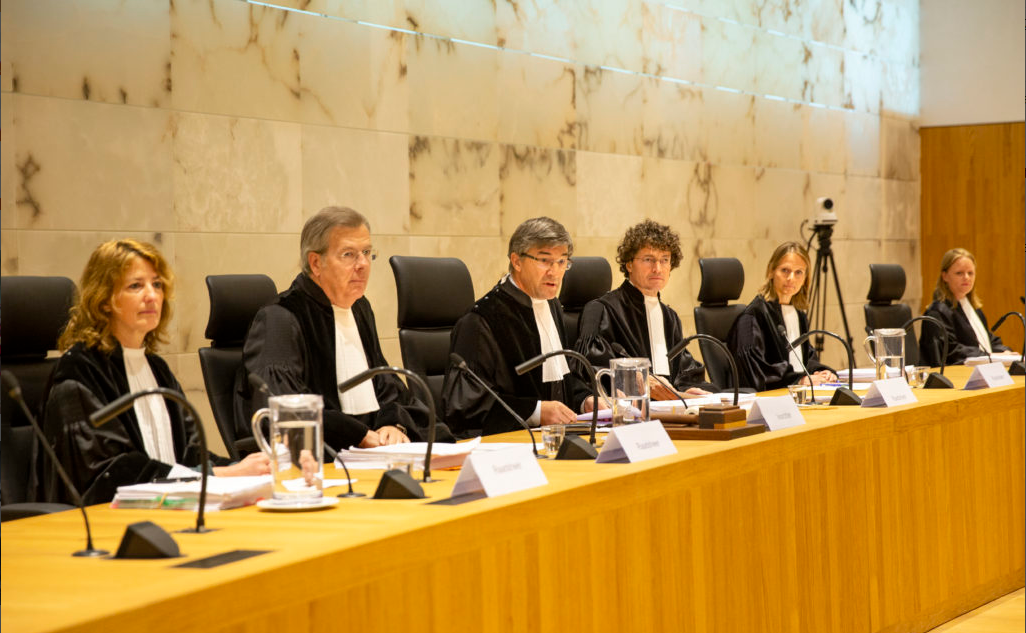On 20 December 2019, the Supreme Court of the Netherlands (“the Supreme Court”) rendered judgement in the famous ‘Urgenda v. The State’ case, upholding previous decisions from lower Courts and affirming the obligation of the Dutch Government to reduce its greenhouse gas emissions by 25% before the end of 2020. The decision is both notable for opening the door to similar lawsuits around the world and for its powerful statement in favor of climate action.
International implications
The Supreme Court’s judgement finds grounds in International Law principles, and more specifically in the UN Climate Convention and the European Convention for the Protection of Human Rights and Fundamental Freedoms. Therefore, despite the regional scope of the ruling, the impact of the decision goes far beyond the borders of the Netherlands. In that regard, the UN High commissioner for Human Rights, Michelle Bachelet, welcomed the decision and described what it could mean for other governments: “The decision confirms that the Government of the Netherlands and, by implication, other governments have binding legal obligations, based on international human rights law, to undertake strong reductions in emissions of greenhouse gases.”[1]
In other words, the ratio decidendi of the Supreme Court is easily transferable in other jurisdictions. As a matter of fact, it did not take long before other organizations around the world followed Urgenda’s lead and introduced legal actions against their local governments to force them to reduce their emissions as well. For example, a class action authorization request was introduced in my home province of Québec in Canada, by ENvironnement JEUnesse, as early as November 2018.
Climate justice
The Urgenda case is the first successful climate justice case ever, making it an important milestone in the global fight against climate change, until then mostly carried by NGOs, humanitarian groups and individuals. This endorsement by the country’s highest legal authority brings a whole new dimension to the climate change discussion, now legally binding a government to take significant action for the greater good. The path towards full accountability is now well paved.
Hence, the decision is a powerful reminder that judicial institutions are meant to advance societal issues and serve human interests. In an era of cynicism towards governmental institutions, it is refreshing to be reminded that tribunals can still be trusted to fulfil their fundamental function of protecting human rights, even if it requires them to set a bold precedent.
During my Law studies, I was once told that law is not justice; it tends towards justice. However, in this instance, Law certainly came as close as it could to what I consider being justice. I applaud Urgenda and the Netherlands for this breakthrough.

[1] Bachelet welcomes top court’s landmark decision to protect human rights from climate change. 20 December 2019. United Nations, Human Rights, Office of the High Commissioner, Press release: https://www.ohchr.org/EN/NewsEvents/Pages/DisplayNews.aspx?NewsID=25450&LangID=E
This blog was written by Amélie Ramier.
